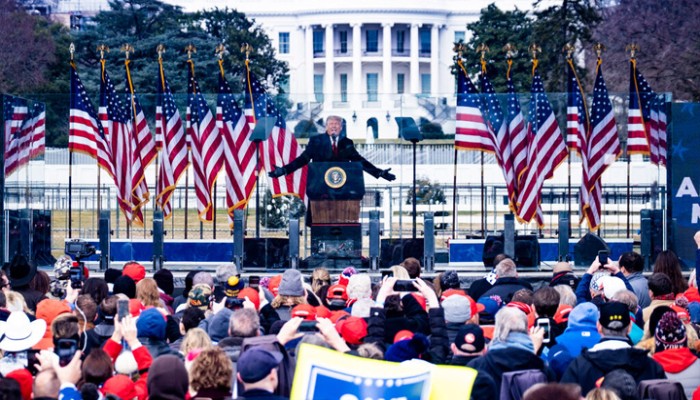
The Supreme Court ruled yesterday that Donald Trump is entitled to substantial immunity from prosecution on charges related to attempting to overturn the last election. This landmark decision on presidential power is expected to have long-term repercussions.
In a 6 to 3 ruling along partisan lines, the Court distinguished between a president’s official acts, such as policy changes or military decisions, and private conduct. Chief Justice John Roberts, writing for the majority, emphasized the need for broad immunity for official conduct to ensure “an energetic, independent executive.”
The liberal justices, in their dissent, cautioned that the ruling extends a level of immunity that could threaten democracy, arguing that it effectively places the president “above the law.”
The decision will likely delay Trump's trial on charges of plotting to subvert the 2020 election until after this year's vote. The case now returns to the lower court, which will determine whether Trump’s actions were in an official or private capacity. If Trump wins re-election, he could instruct the Justice Department to drop the charges.
President Joe Biden warned last night that the ruling implies "virtually no limits" on what Trump could do if he returns to office.
By commenting you are accepting our Comment Policy.